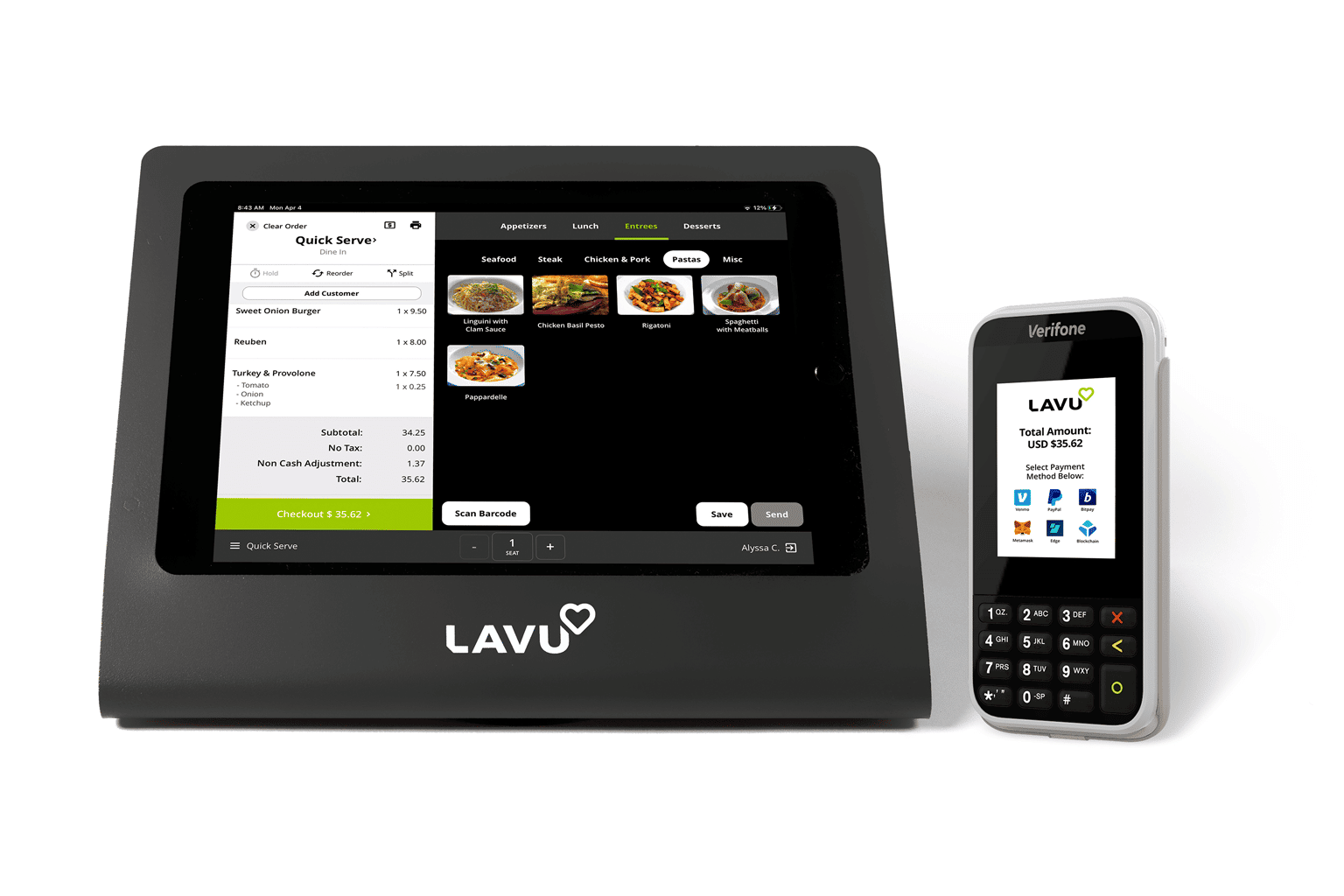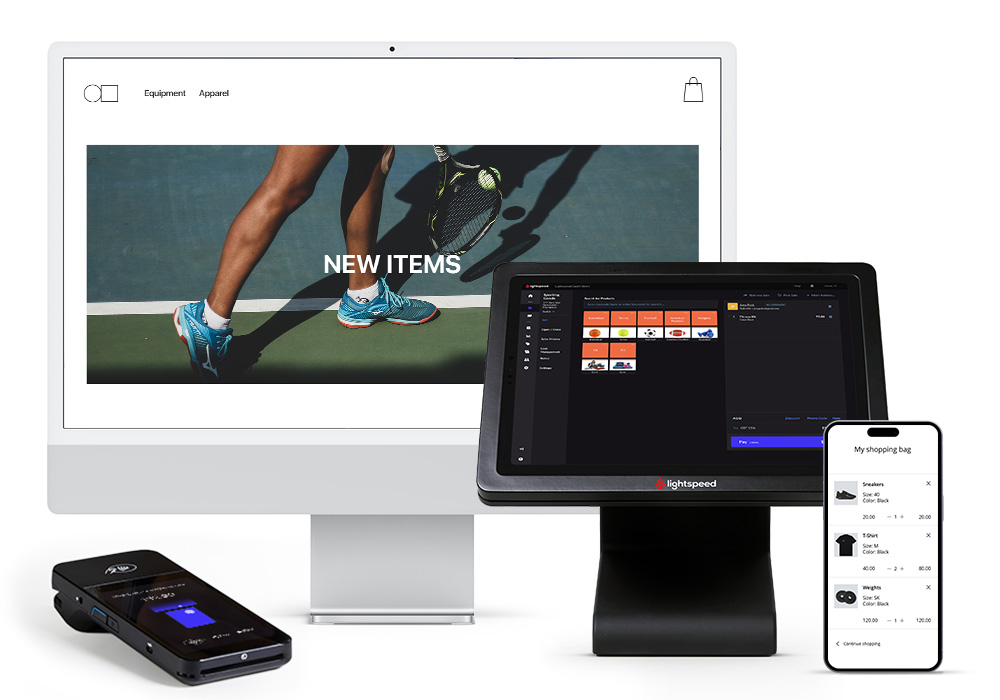The Function of POS Software in Streamlining Sales and Supply Administration
POS software application has actually become crucial for organizations aiming to enhance sales and supply monitoring. By automating purchase processes, it decreases check out times and enhances precision in stock levels. Furthermore, the software program supplies understandings right into sales fads, making it possible for organizations to maximize their operations. There are additional variables that affect the performance of POS systems. Recognizing these elements can bring about even higher performance and client satisfaction.
Recognizing POS Software Application: Key Features and Advantages
Point of sale (POS) software application acts as a vital device for services, improving sales and supply administration processes. This software program encompasses important functions that enhance operational efficiency. One famous feature is real-time inventory monitoring, which allows businesses to keep an eye on stock degrees and reduce the danger of overstocking or stockouts. On top of that, POS systems commonly incorporate sales analytics, giving understandings right into consumer choices and sales trends.Another essential benefit is the automation of transaction processing, which decreases human error and accelerate the check out experience. POS software likewise sustains numerous repayment methods, suiting the diverse preferences of customers. Additionally, user-friendly interfaces make it accessible for team, reducing training time. Overall, the robust performance of POS software application not just streamlines daily operations however additionally helps with informed decision-making, ultimately adding to improved company efficiency and client contentment.
Enhancing Sales Processes With POS Solutions
Making use of POS services can greatly improve sales procedures by boosting and enhancing operations consumer communications. These systems automate different jobs, such as purchase handling and sales reporting, which decreases human mistake and conserves time. By allowing much faster check outs, POS solutions enhance the general consumer experience, resulting in raised complete satisfaction and repeat business.Moreover, these systems provide beneficial understandings into client choices and buying patterns. This data can help organizations tailor their advertising methods, maximize item positionings, and identify best-selling products. In addition, POS services frequently integrate with other service devices, facilitating smooth communication throughout departments.Training personnel on POS systems is commonly simple, permitting fast adoption and lessening disruptions. Because of this, sales teams can concentrate more on engaging with customers as opposed to managing cumbersome hand-operated procedures. In general, the implementation of POS services results in a much more effective sales setting, fostering growth and enhancing profitability.
Real-Time Inventory Monitoring and Monitoring
Efficient supply monitoring is crucial for services intending to preserve optimal stock levels and fulfill client demand. Real-time stock monitoring and tracking systems, incorporated within POS software application, assist in prompt updates on stock levels, permitting companies to respond swiftly to changes sought after. This capacity allows retailers to prevent stockouts and overstock situations, optimizing storage space expenses and enhancing client fulfillment.
Analyzing Sales Data for Educated Decision Making
Real-time inventory monitoring not only aids services keep suitable supply levels however likewise acts as a structure for analyzing sales data. By leveraging point-of-sale (POS) systems, companies can gather comprehensive insights into sales trends, consumer choices, and product efficiency. Restaurant POS Software. This information analysis allows companies to recognize peak sales periods, track slow-moving items, and make educated modifications to stock strategies.Furthermore, recognizing sales patterns can help with effective rates strategies and promotional campaigns. Analyzing data over time enables organizations to forecast future demand more accurately, guaranteeing that supply lines up with expected fads. Furthermore, insights obtained can educate choices regarding product selection, assisting businesses to focus on high-demand items while phasing out underperforming items. Inevitably, notified decision-making based upon sales data analysis not only enhances operational performance yet additionally adds to enhanced earnings and affordable positioning on the market
Improving Customer Experience Via POS Integration
As services seek to enhance customer contentment, incorporating a durable point-of-sale (POS) system can play a pivotal duty in simplifying the purchasing experience. Effective POS integration website enables faster transaction handling, minimizing delay times and improving overall effectiveness. Consumers appreciate speedy checkouts, which promote a favorable understanding of the business.Moreover, modern-day POS systems usually include functions such as client relationship management (CRM) tools, enabling organizations to gather useful information on click here purchasing actions. This details can be used to customize advertising efforts and provide customized suggestions, better enhancing customer engagement.Additionally, using numerous payment options through POS systems satisfies diverse customer choices, adding to a smooth purchasing experience. By making certain that inventory degrees are precisely tracked and updated in real-time, companies can decrease stockouts, guaranteeing that clients locate the products they seek. In general, POS integration significantly raises client experiences, fostering loyalty and repeat company.

Regularly Asked Inquiries

How Much Does POS Software Usually Price for Small Services?
The expense of POS software for small companies typically varies from $50 to $300 monthly, depending on features and scalability. In addition, first configuration charges and equipment costs may add to the overall financial investment.
Can POS Software Program Integrate With Existing Audit Solutions?
Several companies make inquiries whether POS software application can effortlessly incorporate with their existing audit systems. Typically, modern-day POS remedies offer compatibility with numerous bookkeeping systems, boosting performance and promoting exact economic management throughout organization operations.
What Equipment Is Required for POS Software Program Application?
The needed equipment for POS software execution normally consists of a computer or tablet, barcode scanner, receipt printer, money cabinet, and repayment terminal. Restaurant POS Software. These components interact to help with effective sales handling and inventory monitoring
Is POS Software Suitable for Online Sales as Well?

Just How Frequently Does POS Software Need Updates or Upkeep?
The regularity of updates and upkeep for POS software mainly depends on the company and specific system needs. Commonly, routine updates take place quarterly, while upkeep might be needed more often to assure peak efficiency and safety. POS software application has come to be essential for organizations intending to enhance sales and supply management. Point of sale (POS) software serves as a crucial tool for organizations, streamlining sales and supply administration procedures. Furthermore, POS solutions usually integrate with various other service devices, promoting seamless interaction throughout departments.Training personnel on POS systems is commonly uncomplicated, enabling for quick fostering and reducing interruptions. As services seek to enhance customer satisfaction, integrating a durable point-of-sale (POS) system can play a critical function in streamlining the purchasing experience. Customers value speedy checkouts, which foster a positive assumption of the business.Moreover, contemporary POS systems usually consist of functions such as customer connection monitoring (CRM) devices, making it possible for organizations to gather valuable data on buying habits.